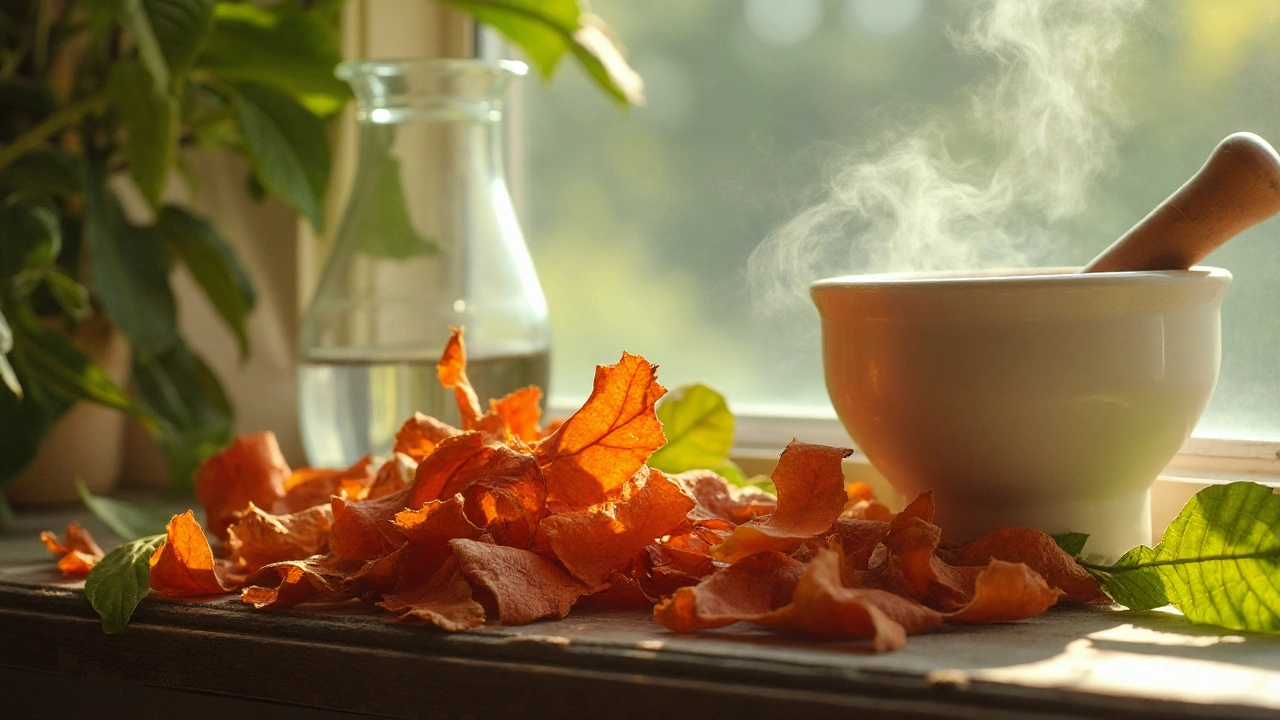UK Herbal Safety: What You Need to Know Before Buying Herbs
If you’re looking for herbal supplements in the UK, you probably want something that works and is safe. The truth is, not every bottle on the shelf meets the same standards. Knowing the basics can stop you from wasting money or putting your health at risk.
Common Risks with Herbal Products
First, many herbs aren’t checked by the MHRA the same way prescription drugs are. That means the label might promise a benefit that isn’t backed up by solid evidence. Some products also contain hidden ingredients – think of cheap blends that add synthetic chemicals to boost the effect. These hidden bits can cause allergic reactions, interact with prescription meds, or even damage the liver.
Another problem is contamination. Herbs grown abroad might be exposed to pesticides or heavy metals, and if the supplier doesn’t test the batch, those contaminants end up in your capsule. The risk is higher for products that claim exotic origins without clear sourcing info.
Finally, dosage inconsistency is a real issue. One batch might deliver the promised amount of active compound, and the next could have far less. This makes it hard to know whether the product will work for you or cause unwanted side effects.
How to Choose Safe Herbal Supplements in the UK
Start by checking if the brand follows Good Manufacturing Practice (GMP). Most reputable companies will display a GMP badge on their website or packaging. This shows they follow strict production rules and regularly test their products.
Look for third‑party lab results. Reputable sellers often provide a PDF of a recent analysis that lists the exact ingredients, their quantities, and any contaminants tested. If you can’t find this information, it’s a red flag.
Buy from pharmacies or well‑known retailers that have a physical address in the UK. These sellers are more likely to be vetted by the MHRA, and you can easily contact them if something goes wrong.
Read reviews, but take them with a grain of salt. Genuine user feedback can reveal if a product consistently causes stomach upset or interacts poorly with other meds. However, overly glowing reviews that sound like marketing copy usually aren’t trustworthy.
Finally, talk to a pharmacist or a qualified herbalist. They can tell you whether a specific herb fits your health profile and flag any possible interactions with your current medications.
Staying safe with herbal supplements isn’t rocket science – it’s about being a bit picky and doing a quick check before you click ‘add to cart.’ By following these simple steps, you can enjoy the benefits of herbs without the guesswork.

What fever bark really is, how it works, who should avoid it, safe dosing tips, and how to buy quality products in the UK in 2025-without the hype.
Read More